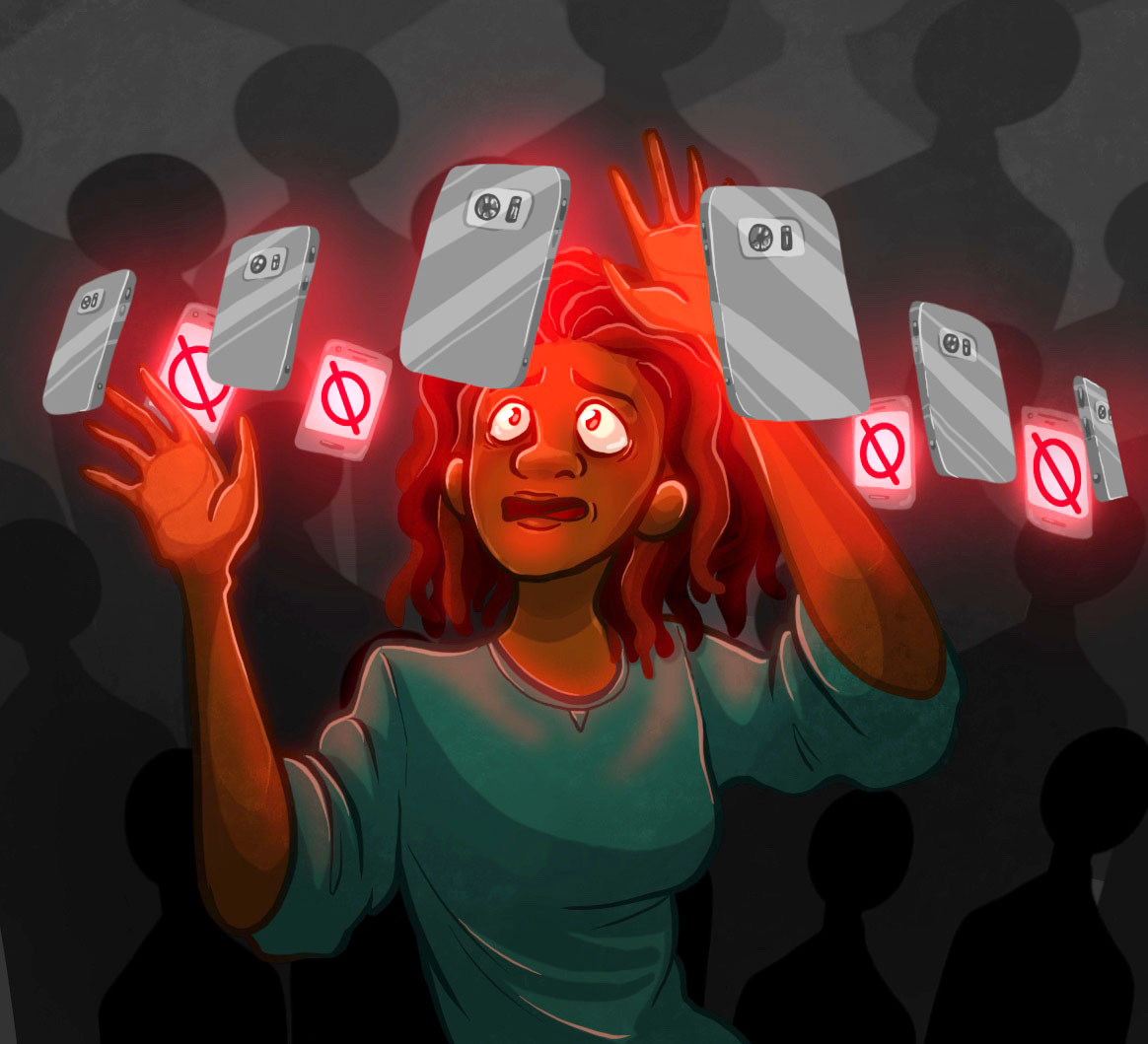Editorial: Recognition features show Google’s true face
October 27, 2019

Facial recognition as a way to access smart technology is not necessarily a new feature, but it is a flawed one.
On Oct. 15, Google released its newest phone, the Pixel 4, which included, among other features, facial recognition. Vox reported Oct. 17 that this technology often does a poor job of recognizing people with darker skin tones, and that “The technology often misidentifies them, or doesn’t detect them at all.”
In an attempt to correct this oversight, Google sent teams of workers across the country to broaden the complexion of their databases using methods that were less than honest. After the collection concluded, the workers disclosed they had been “dispatched to target homeless people in Atlanta, unsuspecting students on college campuses around the U.S. and attendees of the BET Awards festivities in Los Angeles, among other places,” in order to gather the data, as reported Oct. 2 by the Daily News.
In some cases, the tactics used to interact with the public were pitched under the false guise of a “selfie-game,” or people were told to play around on the phone for a while. Sometimes users would even be given a $5 gift card in exchange for the interaction.
In an overwhelming number of these scenarios, the people who participated did not know the true purpose of the interactions or that Google was involved at all.
Considering the ways various companies access and harbor our information is a chilling thought—as is the secrecy that accompanies it. Even more sinister, though, is the thought that there is not always a person behind a curtain pulling levers to record all of mankind. Instead, there are people walking among us, hired by dishonest companies using deceptive practices even when trying to do the right thing.
What is interesting about how Google conducted this data collection is that they chose not to be honest about their motives. If they released a statement in the name of inclusion and reached out to the people their products do not fully serve—that would have been a respectable action.
But when there is no communication, there can be no trust. The lack of transparency in Google’s practices shows the glaring disconnect between business and consumer, where the idea of consent is a foreign one.
Google, unfortunately, would have rather taken advantage of a group of people than admit their shortcomings, and that is unacceptable. In modern times, it is increasingly more difficult to conclude which big company is telling the truth and which is using its patrons for its own gain.
If the name of the game was indeed inclusion, could Google not have crowdsourced the people who support their company? Or, instead of handing out $5 gift cards like candy, they could have put that same money into groups that support people of color.
Being on the cutting edge of technology, it may be said that if you’re not the first to make something, you might as well be the last. But if being last means you can improve quality honestly for the sake of every being on earth, then so be it.






